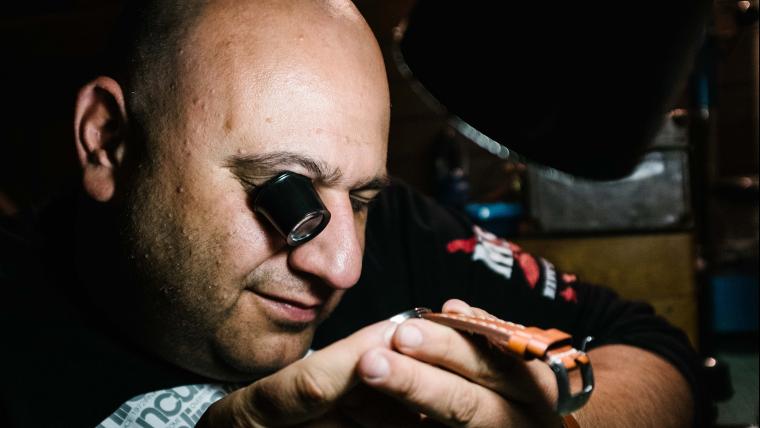
Strawberry fields forever. Revolutionising farming in sugarcane country
The verdict wasn’t good. An unconvinced expert handed back the research prepared by Xolani Gumede and his wife Yoliswa with a sceptical expression. Grow strawberries on a commercial scale on the KwaZulu-Natal North Coast? No way. Not in sugarcane country. It was a valiant attempt at escaping the shackles of corporate life, but not a realistic business proposition. So they were told. It’s a good thing the couple had selective hearing.
Gumede was involved in land development, while Yoliswa was a marketing consultant. Neither had experience in agriculture, a barrier to entry of a magnitude that cannot be overstated. But despite the surprise of their extended family and the equivocal response of the pros the couple backed their examination of the land. The 17-hectare Cappeny Estate that they had to work with had the potential to produce either flowers or berries on a profitable scale, according to their analysis. After investigating flower-growing operations in East Africa and strawberry farms in Holland and Belgium, the Gumedes decided that they could most easily penetrate the market through the rich berries.
Gumede admits that he has an affinity for taking on doubters and finding solutions to problems. What’s now clear is that the land surrounding Ballito makes a fine bed for strawberries. The Gumede project has taken off, supplying 2000 punnets of the delectable fruit to local retailers. Their success wasn’t built on a wistful dream or blind rebellion, but careful consideration of what would work best in their situation. “Spend as much time as you need to make up your mind,” says Gumede. “But once you’ve made up your mind, do not spend a second more in implementing that decision.”






























Please sign in to leave a comment